Child and Family Advocacy Certificate
The child and family advocacy field uniquely meets a human need through interdisciplinary knowledge base that focuses both on prevention and remediation because it seeks to improve the overall quality of life. Join a field that encompasses careers that are on the rise and a wide path. With this certificate you will be able to have career options in areas that range between mental health counselors and case workers at the human services office to child advocate, family or victim advocate, community liaison, family therapist, marriage and family counselors, case management worker, school counselors, mental health therapy all branch out from this field.
Required Courses
Introduction to Sociology | SOCA 101 | 3 credits
Examines social relations, social organization and social systems through the study of process, structure, and function.
Marriage and Family | SOCA 207 | 3 credits
Surveys nature and functions of the family; cross cultural and/or life course comparisons of marriage and family arrangements; gender role training; premarital and marital social and sexual activities, power dynamics, and other family processes.
Students must earn a cumulative grade point average of 2.000 and a minimum grade of C-minus in each course to earn the certificate.
Elective Courses
Select two elective courses from the selection below (6 credits)
Gender and Society | SOCA 213 | 3 credits
Overview of theory and research on gender roles and gender stratification, focusing on political, economic, family and other settings; historical, cross cultural and subcultural comparisons.
Sociological Social Psychology | SOCA 320 | 3 credits
Examines the role of larger society in constructing and defining our day-to-day interactions and the relationship between group structures and processes, particularly issues of social inequality.
Deviant Behavior | SOCA 331 | 3 credits Elucidates theoretical perspectives on deviant behavior which traces the development of how deviance is defined, explained and controlled.
Childhood and Society | SOCA 336 | 3 credits
Examines childhood as a socially constructed idea with a profound effect on our lives and our communities; changing images, definitions, agreements, and rules about childhood; the social structures incorporating childhood; the relationship of childhood to power distributions and economic inequalities.
Woman and Work | SOCA 374 | 3 credits
Examines the position of women in the work world including the importance of gender in determining definitions and valuations of work. Considers the context of women globally and historically.
Sociology of Education| SOCA 375 | 3 credits
Analyzes education as an institution that influences and is influenced by society. Reviews the functions of education, how social conflict shapes schools, and the connections between education and social inequality.
Students must earn a cumulative grade point average of 2.000 and a minimum grade of C-minus in each course to earn the certificate.
Practicum
A praticum is required for this certificate. (3 credits)
Internship in Sociology* | SOCA 492 | 3 credits
Provides opportunity for community work experience with emphasis on job preparation skills, i.e., resume writing, networking, interviewing.
Social Welfare as a Social Institution | SOCA 380 | 3 credit
Delves into American social work emphasizing recent changes in organization and methods. Includes issues of subcultures and minorities in social welfare institutions.
*All SOCA 492 internships have to be geared towards the area of the certificate. Students who already have experience in any field may receive credit for the practicum category of the certificates but after submitting the necessary documentation and approval by the department.
Students must earn a cumulative grade point average of 2.000 and a minimum grade of C-minus in each course to earn the certificate.
PROGRAM CONTACT INFO
Laura Khoury | 262-595-2590 | khoury@uwp.edu
RELATED CERTIFICATES




